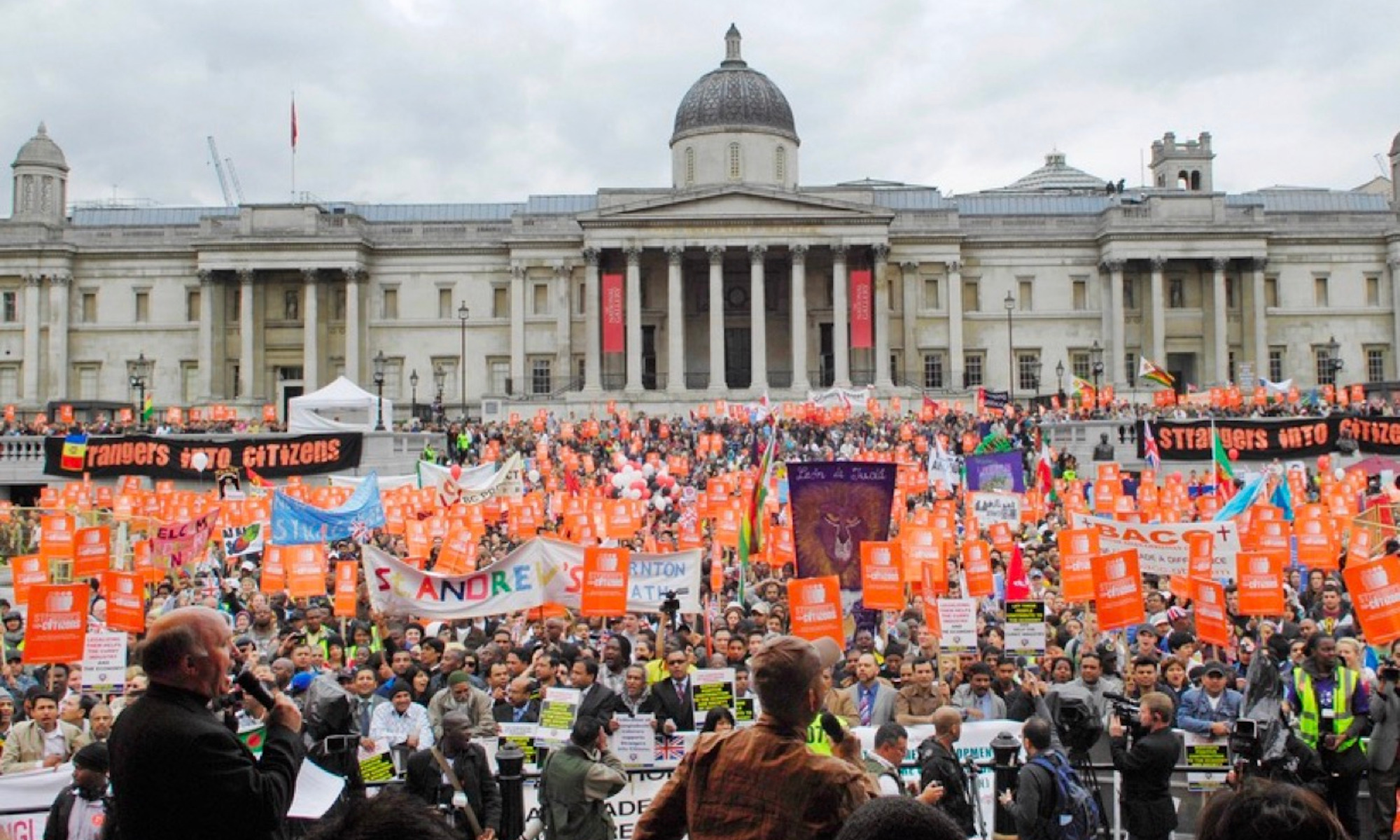
And a brightly waxed orange clasped in the fist of a young man catches your eye and disrupts the early morning gray that hangs low in the

air, only cleared by the rush of arms and legs and faces. Spotting your intrigue, he vies for your attention, shouting “Oranges! Fine Oranges!” in futile hope for a profit. But you aren’t there of your own accord. You have a list, well at least one in your mind’s eye -they stopped writing down the errands when they realized you couldn’t read much more than your own name. A hint of jasmine and bergamot and rose still cling to your employer’s basket, but it’s far too soon replaced by the ash of the soot-covered chimney sweep, and the scent of the butcher’s blood-soaked apron. A chicken, a duck, a rabbit, hang by a thin piece of twine in the window. You can barely recognize their shapes, excoriated, wearing only coats of pink flesh, but you know too well those feet, those ears, that beak.
Or perhaps you nearly stumble out of your carriage and onto the uneven street, paved in centuries old cobblestones. You’re in need of a frock for two weekends next. But before you can swing the door open to the seamstress’s shop, and be welcomed by a small symphony of bells, an unfamiliar to

ngue diverts you elsewhere. Two young boys wear tattered jackets and shapeless hats, nursing a bottle filled with an amber liquid. They laugh and stumble along in the chill of the early evening, before slipping around the corner and out of your sight. Polish, you wager -it must have been. Would you spring for silk? Or would you be content with a brightly dyed cotton?
But maybe you’ve just walked out of the East India House with its towering ionic columns and relief fit for the Parthenon. Ink stains the cuff of your sleeve, and afternoon tea your teeth. It’s quieter outside a place like this, where more often carriages trod than feet. A horse sighs and another laps at a small trough of water. A breeze roars in from the Thames, carrying with it the gentle stench of sewage, sour in your mouth. But you don’t linger long. You let the crowd carry you up Bishopsgate and onto Shoreditch Street, and flick a farthing at the boy sweeping your path clean.

